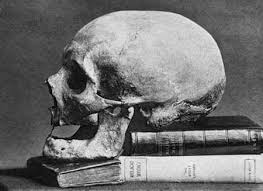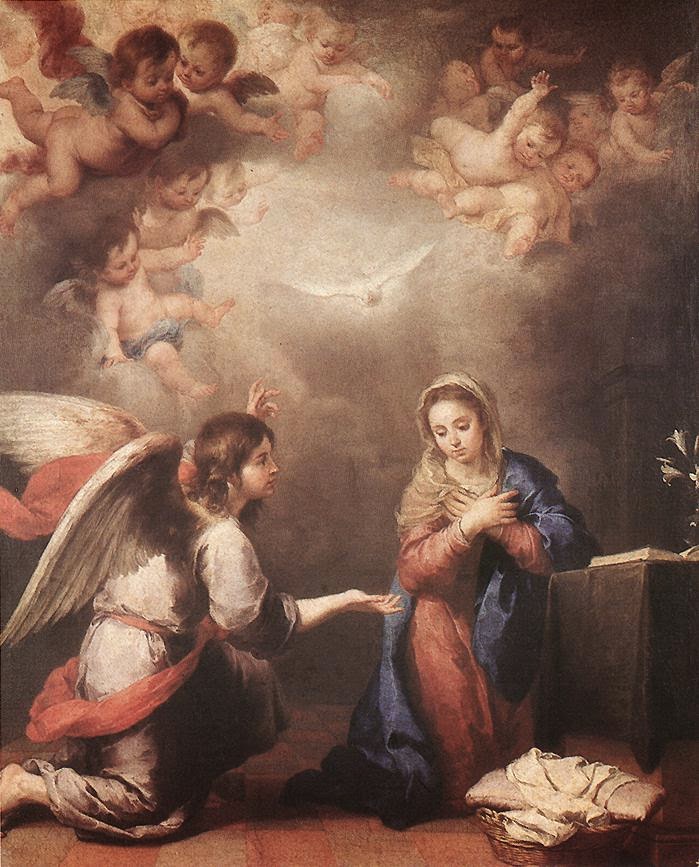 |
| Sir Thomas Browne · Religio Medici and Urne-Buriall |
There is therefore but one comfort left,
that though it be in the power of
the weakest arme to take away life,
it is not in the strongest
to deprive us of death.
— Sir Thomas Browne, Religio Medici.
An Evening Prayer
by Sir Thomas Browne, c.1605-1682
THOU whose nature cannot sleep,
On my temples sentry keep;
Guard me ’gainst those watchful foes,
Whose eyes are open whilst mine close;
Let no dreams my head infest,
But such as Jacob’s temples blest.
While I do rest, my soul advance;
Make me to sleep a holy trance,
That I may, my rest being wrought,
Awake into some holy thought;
And with as active vigour run
My course, as doth the nimble sun.
Sleep is a death. Oh, make me try
By sleeping, what is it to die!
And as gently lay my head
On my grave, as now my bed.
Howe’er I rest, great God, let me
Awake again at last with Thee!
And thus assured, behold I lie
Securely, or to wake or die.
... from Religio Medici, the Second Part, Section XII, 117, ed. Pickering
XII. We term sleep a death; and yet it is waking that kills us, and destroys those spirits that are the house of life. ’Tis indeed a part of life that best expresseth death; for every man truely lives, so long as he acts his nature, or some way makes good the faculties of himself. Themistocles, therefore, that slew his Soldier in his sleep, was a merciful Executioner: ’tis a kind of punishment the mildness of no laws hath invented: I wonder the fancy of Lucan and Seneca did not discover it. It is that death by which we may be literally said to dye daily; a death which Adam dyed before his mortality; a death whereby we live a middle and moderating point between life and death: in fine, so like death, I dare not trust it without my prayers, and an half adieu unto the World, and take my farewell in a Colloquy with GOD.
... “In fine, so like death [is sleep], I dare not trust it without my prayers, and an half adieu unto the world, and take my farewell in a colloquy with God. [Here follows the poem.] This is the Dormitive I take to bedward; I need no other Laudanum than this to make me sleep: after which I close mine eyes in security, content to take my leave of the Sun, and sleep unto the Resurrection.”
 |
Portrait, Sir Thomas Browne
English Classic Poet |
Religio Medici [excerpt]
by Sir Thomas Browne, c.1605-1682
Search while thou wilt, and let thy reason goe
To ransome truth even to the Abysse below.
Rally the scattered causes, and that line
Which nature twists be able to untwine.
It is thy Makers will, for unto none
But unto reason can he ere be knowne.
The Devills doe know thee, but those damned meteours
Build not thy glory, but confound thy creatures.
Teach my endeavours so thy workes to read,
That learning them, in thee I may proceed.
Give thou my reason that instructive flight,
Whose weary wings may on thy hands still light.
Teach me to soare aloft, yet ever so,
When neare the Sunne, to stoope againe below.
Thus shall my humble feathers safely hover,
And though neere earth, more then the heavens discover.
And then at last, when holmeward I shall drive
Rich with the spoyles of nature to my hive,
There will I sit, like that industrious flye,
Buzzing thy prayses, which shall never die
Till death abrupts them, and succeeding glory
Bid me goe on in a more lasting story.
 |
The skull of Sir Thomas Browne
resting on two volumes of Religio |

Portrait of Sir Thomas Browne,
Classic Poet, 17th Century |
| Born | 19 October 1605London |
|---|
| Died | 19 October 1682(1682-10-19) (aged 77)Norwich |
|---|
| Nationality | English |
|---|
| Fields | Medicine |
|---|
| Alma mater | Pembroke College, Oxford, University of Padua |
|---|
| Known for | Religio Medici, Urne-Burial and The Garden of Cyrus, Pseudodoxia Epidemica, Christian Morals |
|---|
| Influences | Francis Bacon, Kepler, Paracelsus, Montaigne, Athanasius Kircher, Della Porta |
|---|
| Influenced | Jorge Luis Borges, W. G. Sebald, Samuel Johnson, Samuel Taylor Coleridge, Herman Melville |
|---|
Biography (from All Poetry.com)
The son of a silk merchant from Upton, Cheshire, Browne was born in the parish of St Michael, Cheapside, in London on October 19, 1605. His father died while he was still young and he was sent to school at Winchester College. In 1623 he went up to Oxford University.
Browne graduated from Pembroke College, Oxford in 1626 after which he studied medicine at various Continental universities, including Leiden, where he received a M.D. in 1633. He ultimately settled in Norwich in 1637 where he practiced medicine and lived until his death in 1682.
His first well-known work bore the Latin title Religio Medici (The Religion of a Physician). This work was circulated in manuscript among his friends, and it caused Browne some surprise and embarrassment when an unauthorised edition appeared in 1642, since the work contained a number of religious speculations that might be considered unorthodox. An authorised text with some of the controversial matter removed appeared in 1643. The expurgation did not end the controversy; in 1645, Alexander Ross attacked Religio Medici in his Medicus Medicatus (The Doctor, Doctored) and in fact the book was placed upon the Papal index of forbidden reading for Catholics in the same year.
In 1646, Browne published Pseudodoxia Epidemica, or, Enquiries into Very many Received Tenets, and commonly Presumed Truths, whose title refers to the prevalence of false beliefs and "vulgar errors." A sceptical work that debunks a number of legends circulating at the time in a paradoxical and witty manner, it displays the Baconian side of Browne—the side that was unafraid of what at the time was still called "the new learning." The book is significant in the history of science because its arguments were some of the first to cast doubt on the widely-believed hypothesis of spontaneous generation or abiogenesis.
In 1658 Browne published together two Discourses which are intimately related to each other, the first being Hydriotaphia, Urn Burial or a Brief Discourse of the Sepulchral Urns lately found in Norfolk, occasioned by the discovery of some Bronze Age burials in earthenware vessels found in Norfolk. These inspired Browne to meditate upon the funerary customs of the world and the fleetingness of earthly fame and reputation.
In 1671 King Charles II, accompanied by the Royal Court, visited Norwich. The courtier John Evelyn, who had occasionally corresponded with Browne, took good use of the Royal visit to call upon the learned doctor of European fame and wrote of his visit: His whole house & garden is a paradise and Cabinet of rarieties & that of the best collection, amongst Medails, books, Plants, natural things.
During his visit to Norwich, King Charles II visited Browne's home. A banquet was held in the Civic Hall St. Andrews for the Royal visit. Obliged to honour a notable local, the name of the Mayor of Norwich was proposed to the King for knighthood. The Mayor, however, declined the honour and proposed the name of Browne instead. Thus, technically speaking, Thomas Browne was only Sir Thomas from 1671 until his death eleven years later in 1682.
Sir Thomas Browne died on his 77th birthday, October 19th 1682. His skull became the subject of dispute when in 1840 his lead coffin was accidentally re-opened by workmen. It was not re-interred until 4th July 1922 when it was registered in the church of Saint Peter Mancroft as aged 316 years.
A statue of Sir Thomas occupies the centre position of the Haymarket beside the St Peter Mancroft and not far from the site of his house.
A Related Note of Interest
"If thou couldst empty all thyself of self" is poem commonly attributed to Sir Thomas Browne but should not be. Apparently another "Brown" (no last "e") by the name of "T.E. (Thomas Edward) Brown" from the same 19th century wrote that verse:
"The poem is in fact "Indwelling", published in
Old John and Other Poems
(1893); it was first published anonymously in 1875 in the serial
Plain
Talk under the title "No Room". You may find a few of Brown's other poems at
Poems
of T.E.Brown, a site in development (but inaccessible the last time I
checked), and a lot of them at
Poems of T.E. Brown, a site nearly complete."
Many thanks for the heads up on this oversight. For more please go to:
A Different Brown: A Poem not by Sir Thomas.









